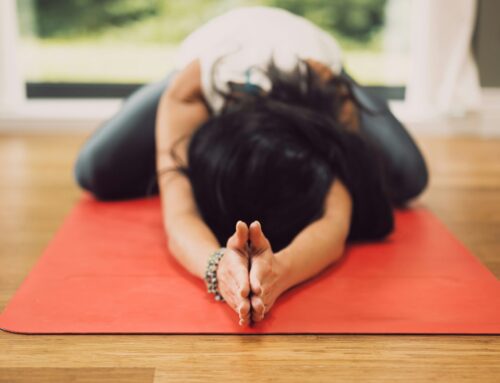Allergic Rhinitis affects up to 20-40% of the population at some stage of their life and is triggered by inhaled allergens (dust mite, pollens etc); this leads to a hypersensitivity of the immune response. It is characterized by inflammation or irritation of the mucous membrane in the nose causing irritating and often debilitating symptoms, which can cause one or all of the following symptoms:
There are two main types of Allergic Rhinitis: Perennial (non-seasonal Allergic Rhinitis) and Seasonal (Hay fever), which usually occurs in spring. There is also another form of Rhinitis called Vasomotor Rhinitis or Non-allergic Rhinitis, which is not caused by an immune response but is thought to be caused by a hyperactive response of the nervous system. And can be triggered by emotional upsets, fatigue, alcohol, sudden changes in temperature and humidity, strong odours, smoke etc.
These conditions are often lumped together as Hay fever and can be incredibly debilitating for the sufferers. As spring approaches, the allergens are beginning to increase and it is a great time to start to work on our immune system and build our natural resistance to this attack.
Eating foods high in Vitamin C, such as papaya, raw red capsicum, broccoli, brussel sprouts and kiwi fruit or taking Vitamin C supplements (consult health professional) can be a great way to help regain health when suffering from hay fever Complementary therapies such as Acupuncture, Naturopathy and Osteopathy can also have a great effect on Hay fever (Rhinitis). Chinese Medicine Acupuncture and Herbs can clear the symptoms quickly and help to change the body’s immune response. Acupuncture points directly to the side of the nostrils can be gently self-massaged in an upward motion towards the inner eyes to help clear the nose and unblock the sinuses. For more difficult cases consultation with a health professional can target individual problems, which may mean the difference between limited success and lasting success. Pip Atherstone-Reid has been practicing Chinese Medicine for 12 years and is one of the founders of Kundalini House. Pip is currently on maternity leave. To make an appointment with any other practitioner at Kundalini House please phone the clinic on 03 9482 4325. Please rate this post using the stars below. Your ratings will provide us a better understanding of topics that are important to our readers. We also wish to thank everyone for their continued support of Kundalini House and the Kundalini Houses Blog. Sat Nam. [1] Science, Volume 96, Number 2500, November 27, 1942, pp.497








Leave A Comment